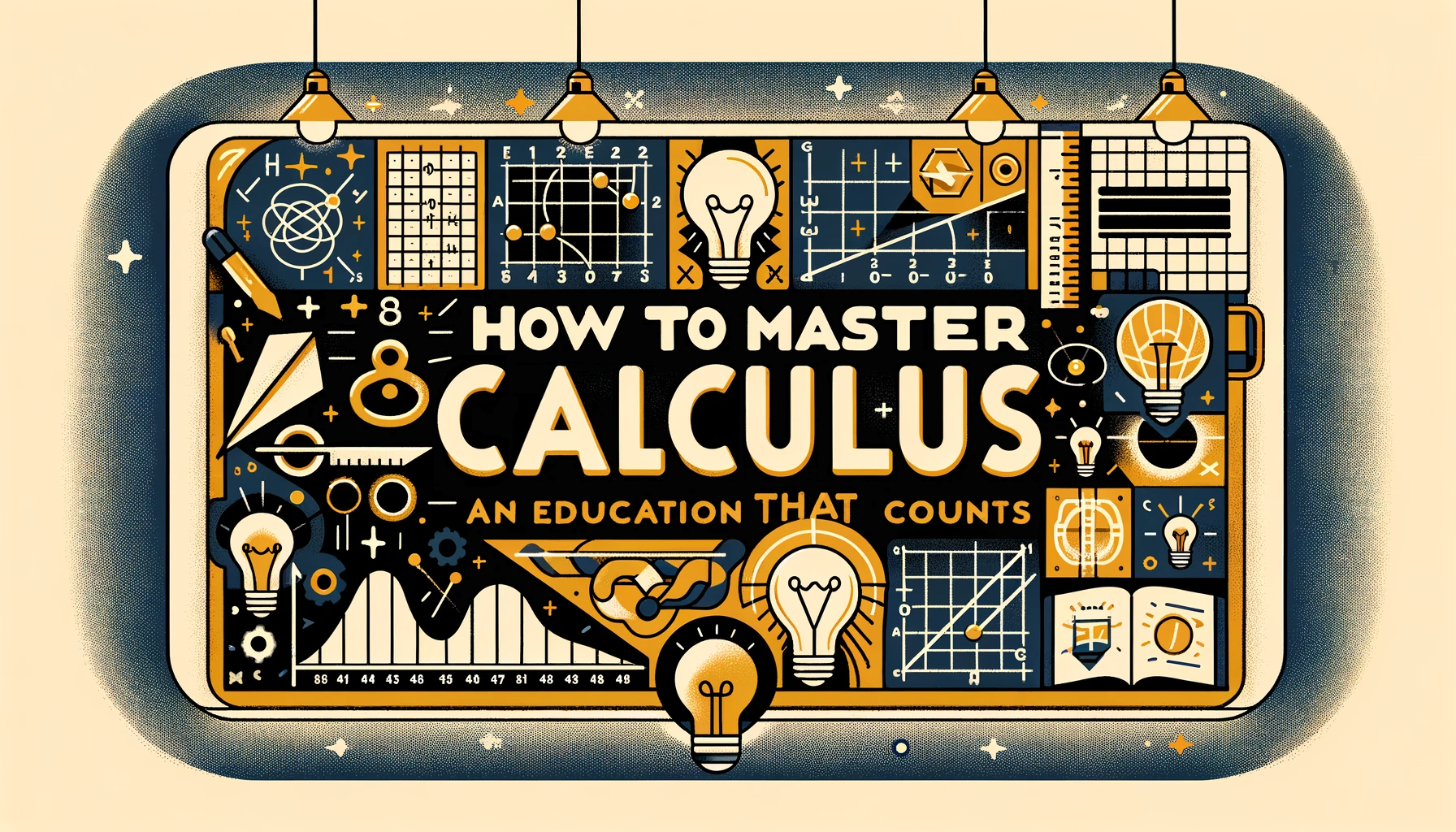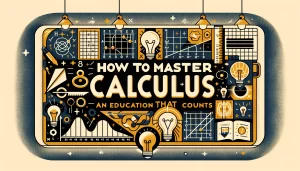Introduction: Tackling Memory Challenges in Calculus Studies
For many high school students, retaining and recalling calculus concepts can be a significant challenge. Parents like Susan and David, who are keen on helping their child, Max, often search for effective strategies to improve his memory retention in calculus. This aspect of learning is vital, as calculus involves a variety of complex concepts and formulas that students must remember and apply. For students struggling with memory lapses, such as Max, understanding and implementing memory-enhancing techniques can make a considerable difference in their calculus performance. This article provides parents with detailed strategies to help their child overcome memory challenges in calculus, ensuring they have the support needed to succeed in this demanding subject.
Understanding Memory Retention in Learning
Memory retention plays a crucial role in learning calculus, as the subject requires students to recall formulas, procedures, and concepts accurately. For students like Max, difficulties in memory can lead to challenges in applying knowledge in calculus problems. Understanding how memory works and what affects its efficiency is the first step in addressing these challenges.
Identifying Causes of Memory Lapses
It’s important to identify the causes of memory lapses in calculus. These can range from a lack of understanding of the material, insufficient practice, stress, or even external distractions. Once the causes are identified, tailored strategies can be implemented to address them effectively.
Emphasizing Conceptual Understanding
A strong conceptual understanding is fundamental for memory retention. Encourage students to focus on understanding the ‘why’ behind calculus concepts rather than just memorizing formulas. This deep understanding can aid in better recall and application of concepts.
Utilizing Mnemonic Devices
Mnemonic devices are effective tools for memory retention. Parents can help their children create acronyms, rhymes, or associations to remember calculus formulas or procedures. These devices can simplify complex information, making it easier to recall.
Implementing Active Recall Techniques
Active recall is a powerful technique where students actively stimulate memory retrieval rather than passively reviewing material. Encourage practices like self-quizzing or teaching the material to someone else, as these methods reinforce memory and understanding.
Creating Regular Revision Schedules
Regular revision is key to reinforcing memory. Establish a study schedule for your child that includes frequent review sessions of calculus material. This repetition helps solidify knowledge and reduce the likelihood of memory lapses.
Incorporating Visual Aids
Visual aids can significantly enhance memory retention. Encourage the use of diagrams, graphs, and visual representations to understand and remember calculus concepts. These visual tools can help create mental images that are easier to recall.
Leveraging Digital Tools and Resources
There are numerous digital tools and resources designed to aid memory in calculus. Online platforms, apps, and websites offer interactive exercises, flashcards, and quizzes that can help students reinforce their memory of calculus concepts.
Encouraging Healthy Study Habits
Healthy study habits are essential for effective memory retention. Ensure that your child has a distraction-free study environment, takes regular breaks, and follows a balanced routine that includes physical activity and adequate sleep.
Facilitating Group Study Sessions
Group study sessions can be beneficial for memory retention. Discussing and solving problems with peers can reinforce understanding and memory. It also provides an opportunity for students to learn different memory techniques from each other.
Seeking Professional Help When Needed
If memory issues persist, consider seeking professional help. A tutor specialized in calculus can provide personalized strategies to enhance memory and understanding of the subject. Look for tutoring services focusing on calculus, using SEO keywords like “calculus tutor near me” or “effective calculus tutoring.”
Engaging in Practical Applications
Engaging in practical applications of calculus can help solidify memory. Working on real-world problems or projects that involve calculus concepts can make the material more memorable and interesting.
Balancing Stress and Relaxation
Balancing stress and relaxation is crucial for memory retention. High-stress levels can adversely affect memory, so it’s important to ensure that your child has ways to relax and unwind. Encourage activities that reduce stress, such as exercise, hobbies, or meditation.
Using Technology Responsibly
While technology offers many tools to aid in memory retention, it’s important to use it responsibly. Ensure that your child uses technology for active learning rather than passive consumption. Set guidelines for the use of digital devices to avoid distractions during study time.
Conclusion: Enhancing Memory for Calculus Success
By implementing these strategies, parents can play a significant role in helping their child overcome memory lapses in calculus. From fostering a deep understanding of concepts to utilizing mnemonic devices and digital tools, these techniques are designed to enhance memory retention, leading to improved performance in calculus. With the right approach and resources, students can effectively recall and apply calculus concepts, paving the way for academic success in this challenging subject.





